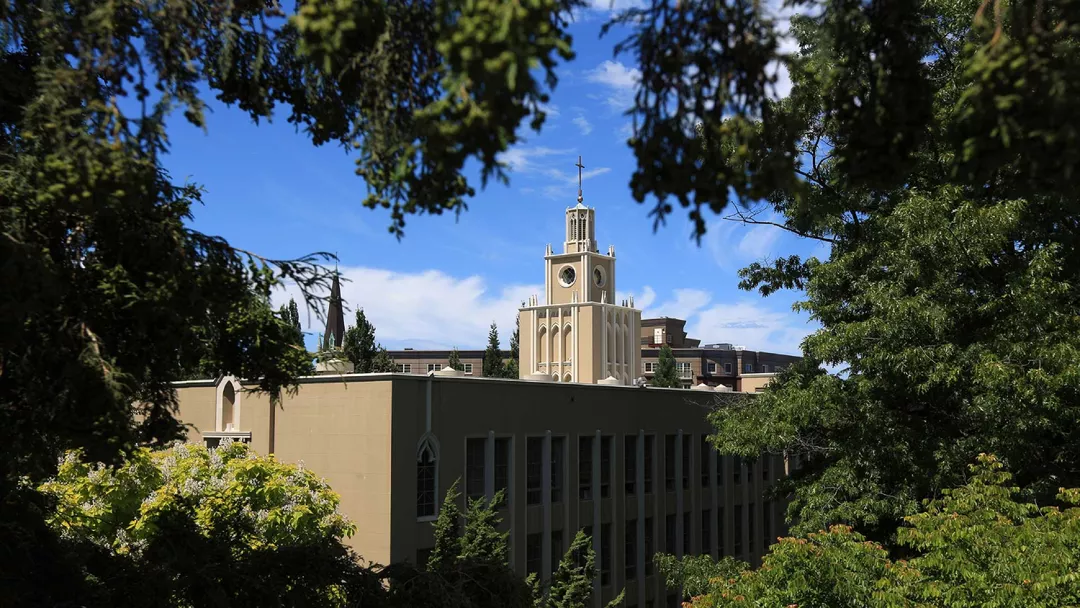-
hello@abroadcube.com
Mail us
-
Call For Help:
98779 83783
-
Whatsapp Us
70090 34921
Master of Fine Arts in Arts Leadership students build a in the arts sector strengthened by academic rigor and applied research. Seattle's vibrant cultural community serves as the laboratory while they develop professional skills and strategic insight informed by a commitment to social justice.
The 2-year, 48-credit program includes coursework, practicums, and a summary project. Outside of class, students can expect to spend an average of 6-10 hours a week on homework, readings, and group assignments, plus a minimum of 4-5 hours a week at their practicum.
Students work in local organizations, applying their classroom learning to real world situations for Graduate Management Practicum credits. Through their practicums, students gain valuable practical experience and develop important professional relationships with the arts sector.
During the final quarter of the Master of Fine Arts program, students complete their Summary Project, a synthesis of academic research in a particular area of focus with the work produced through their community practicum experiences.
| Level | Masters |
| Discipline | Fine Arts |
| Duration | 24 months |
| Intakes | Sep |
| Application Fees | USD 55 |
| Tuition Fees | USD 13608 |
| Campus | Main |
| Language proficiency (minimum) | |
| IELTS | 6.5 |
|---|---|
| TOEFL | 86 |
| PTE | 63 |
| Duolingo | 110 |
| Exam proficiency (minimum) | |
| SAT | Not Required / Waiver |
|---|---|
| ACT | Not Required / Waiver |
| GRE | Not Required / Waiver |
| GMAT | Not Required / Waiver |
Minimum GPA - 77%
QS Quacquarelli Symonds is the world’s leading provider of services, analytics, and insight to the global higher education sector, whose mission is to enable motivated people anywhere in the world to fulfil their potential through educational achievement, international mobility, and career development.
THE (Times Higher Education) has been providing trusted performance data on universities for students and their families, academics, university leaders, governments and industry, since 2004. We create university rankings to assess university performance on the global stage and to provide a resource for readers to understand the different missions and successes of higher education institutions.
The Academic Ranking of World Universities (ARWU) was first published in June 2003 by the Center for World-Class Universities (CWCU), Graduate School of Education (formerly the Institute of Higher Education) of Shanghai Jiao Tong University, China, and updated on an annual basis
The "Webometrics Ranking of World Universities" is an initiative of the Cybermetrics Lab, a research group belonging to the Consejo Superior de Investigaciones Científicas (CSIC), the largest public research body in Spain. CSIC is among the first basic research organizations in Europe. The CSIC consisted in 2006 of 126 centers and institutes distributed throughout Spain.

